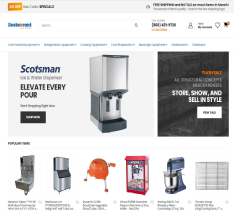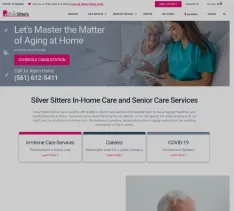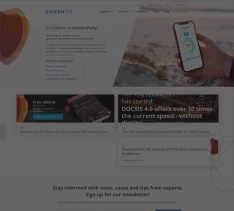Patients must stand in long queues or make numerous phone calls to schedule appointments with doctors. Long waiting times for appointment bookings can frustrate patients, eventually leading to no-shows and missed opportunities for healthcare services. In such scenarios, medical appointment scheduling app is a convenient solution for doctors and patients.
Patients can easily schedule appointments at their convenience, while doctors can easily manage different appointments from a centralized location.
However, building an appointment scheduling software needs a precise development process.
Today, this blog will tell you how to build a medical appointment scheduling app for healthcare services.
Why Does Your Healthcare Need a Patient Appointment Scheduling Software?
Modern healthcare is about enhancing patient care with convenience and engaging experiences. And an appointment scheduling app solution plays a crucial role in improving patient care and experience. Here is a breakdown of the key benefits of appointment scheduling solutions for healthcare services.
Provides Ultimate Convenience
Earlier, patients had to stand in long waiting queues or call hospitals for doctor appointments. However, scheduling solutions make appointment booking a breeze for patients by allowing them to make appointments using their smartphones at their own pace.
Streamlines Appointment Management
Booking appointments manually proved to be time-consuming for receptionists and administrative staff. But an appointment scheduling solution makes appointment booking effortless with automation. This allows the administrative staff to easily book appointments while focusing on more crucial processes.
Reduced Missed Appointments
Often, patients forget about appointments due to busy schedules, resulting in missed opportunities for healthcare services. The appointment booking platform sends timely reminders through push notifications and emails to doctors and patients to avoid no-shows.
Enhanced Patient Experiences
Satisfactory experiences build long-term relations with patients. And the appointment booking system helps with this. Appointment scheduling makes booking appointments hassle-free for patients, which eventually leads to satisfactory results.
Must-Have Features to be Included in a Medical Appointment Scheduling App
An appointment booking system needs to be embedded with essential features to deliver satisfactory experiences. Here’s a list of the must-have features of medical appointment booking software.
Patient Profile Creation and Management
This feature allows patients to create profiles and store necessary information, like personal information, medical history, and past appointments. Patient profiles enable doctors to track individual health records with ease.
Real-Time Calendar for Appointment Scheduling
A calendar system involves time slots highlighting doctors’ availability that allow patients to book appointments at their convenience.
Automated Timely Reminders
This feature sends timely reminders through push notifications to patients and doctors, which sends timely reminders about appointments to doctors and patients.
Secure Multiple Payment Gateways
The multiple payment options provide convenience to patients in terms of payment. Moreover, the secure payment gateways ensure that the payments are done securely.
Virtual Consultations with Video Conferencing
This feature allows patients to schedule virtual consultations and eliminate the need for in-person visits, which ultimately enhances convenience.
Centralized Admin Dashboard for Doctors and Clinics
With a centralized admin panel, doctors can store and manage different patient records and track reports with ease in a secure and unified way.
Step-By-Step Guide to Building a Doctor Appointment Scheduling Software
Building an appointment scheduling application involves numerous steps, from thorough market analysis to an effective launching strategy. Here’s the step-by-step guide to building a custom appointment booking solution.
Thorough Market Research and Analysis
As you build the appointment application for the ease of patients, it becomes essential for you to design the application according to their needs.
You must perform a thorough market analysis and identify your target audience and their key needs. Market analysis will help you craft a user-centric appointment booking solution.
Choosing the Right Tech Stack
Once you identify your app essentials, the next step that you need to do is to choose the correct development technologies. Numerous technologies are available for building appointment scheduling applications, like Python, React Native, and more.
However, all technologies are meant for different types of applications. For instance, React Native will be perfect for building cross-platform mobile applications, while Angular technology will be needed to make an intuitive web application. So, it becomes crucial for you to identify your application needs and choose the right tech stack accordingly.
Opt for a User-Friendly Design and Interface
The user interface is crucial in boosting user engagement with the application. That’s why you should design a user-intuitive interface that makes the application easily navigable for patients.
A consistent user interface and design across all devices will help patients navigate your booking platform easily and make quick appointments.
Develop Your App with Core Features
After finalizing the design, it’s time to develop your application with significant features and technologies. This step involves embedding essential features like user registration, appointment system, calendar integration, secure payment gateways, EHR records integration, and an automated reminder system.
Integrating core functionalities will allow your appointment booking platform to transform and simplify patient bookings.
Ensure Data Security and Compliance
As your appointment booking platform will store several patients’ data, it becomes necessary to comply with different security norms, including HIPAA and GDPR.
Strict adherence to security protocols ensures all patient data is stored and accessed securely. Moreover, data security compliance also allows you to perform regular audits and back up important patient information to prevent data loss problems.
Perform Quality Testing
Once your appointment scheduling software is ready, you must perform different test cycles before deploying it in the desired environment. Quality testing has different test cycles. You should begin with unit testing, which allows you to test various features and functionalities of your app individually.
After unit testing, you should perform UAT (User Acceptance Testing) to check your application’s speed and bugs through real users. Performing different test cycles will ensure your booking platform remains bug-free and performs well.
Launch the Application in the Desired Environment
After successfully testing your application, you can quickly deploy your application in the desired environment, i.e., either the Google Play Store or Apple App Store.
Both platforms have different charges for launching the application. Google Play Store charges a one-time registration fee 25$, while Apple App Store charges 99$ annually.
Final Say
Building an appointment booking platform helps you make appointment booking hassle-free for patients and prevent no-shows. However, a practical appointment scheduling application can be built by following a step-by-step process.
Analyzing the market thoroughly, choosing the right development technology, designing and developing a user-intuitive interface with core features, rigorously testing the app, and deploying it in the desired environment will help you build a user-friendly appointment booking application.
Technocrats Horizons is the name if you are looking for an experienced development partner to build an engaging and intuitive appointment scheduling application. With 13+ years of renowned experience, we have helped numerous healthcare organizations streamline patient care and engagement with our innovative software solutions.
Contact us now to streamline the appointment booking process for your patients.
Revolutionize Healthcare with Tailored Digital Solutions!
Get in touch to build custom and secure solutions to optimize patient care and experience.


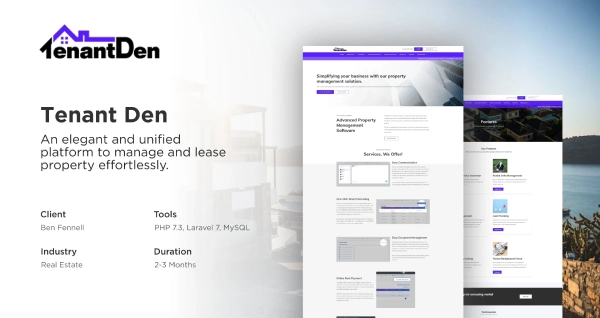
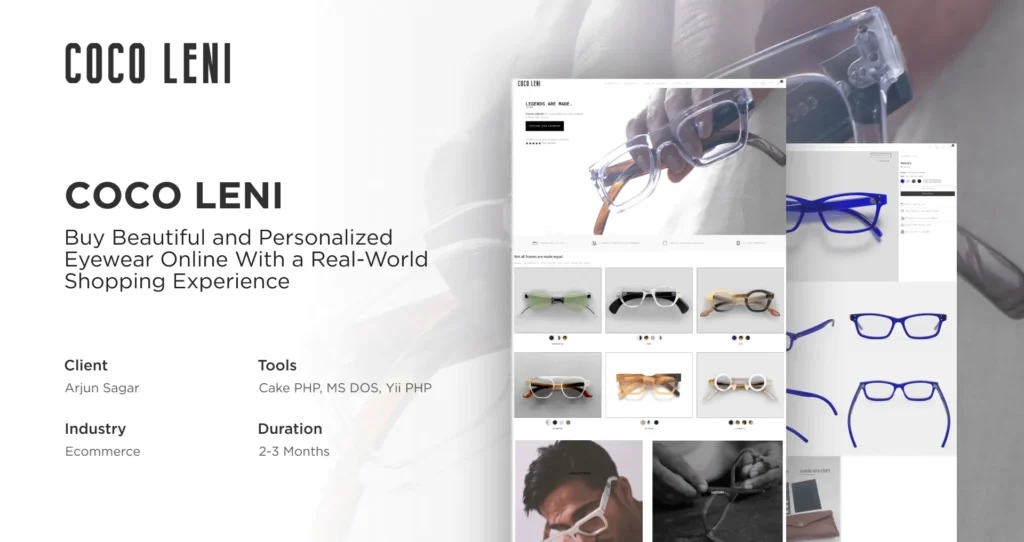
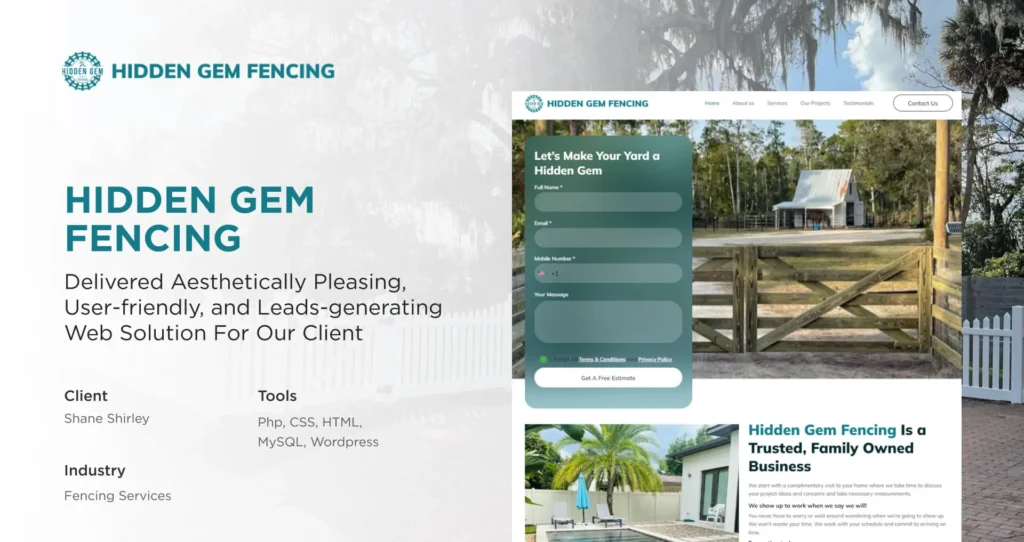
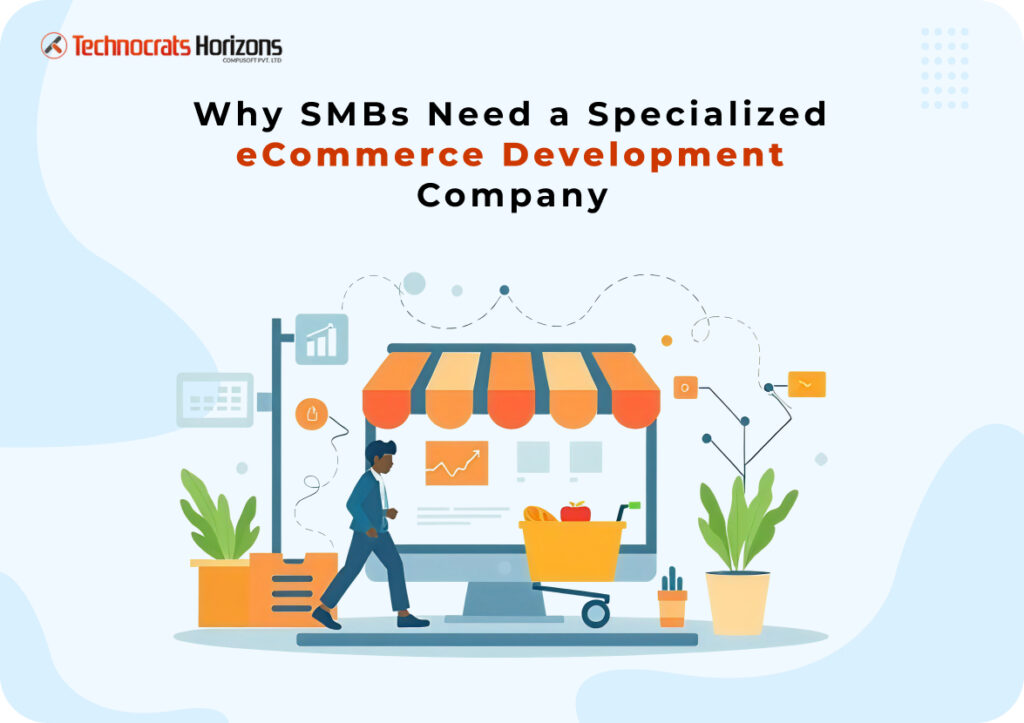
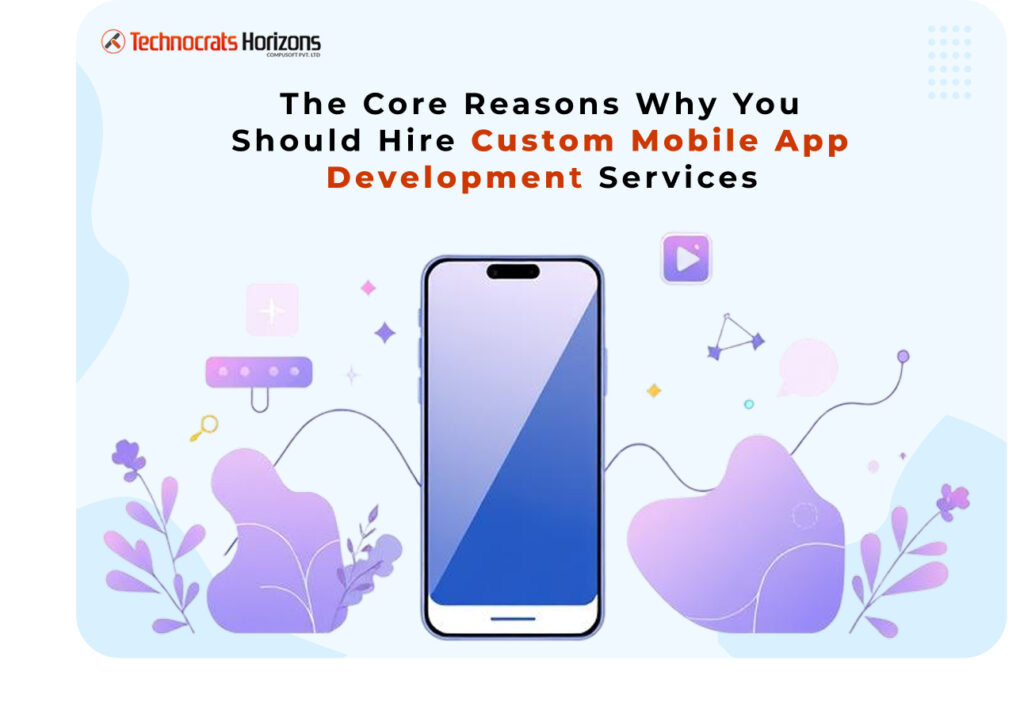



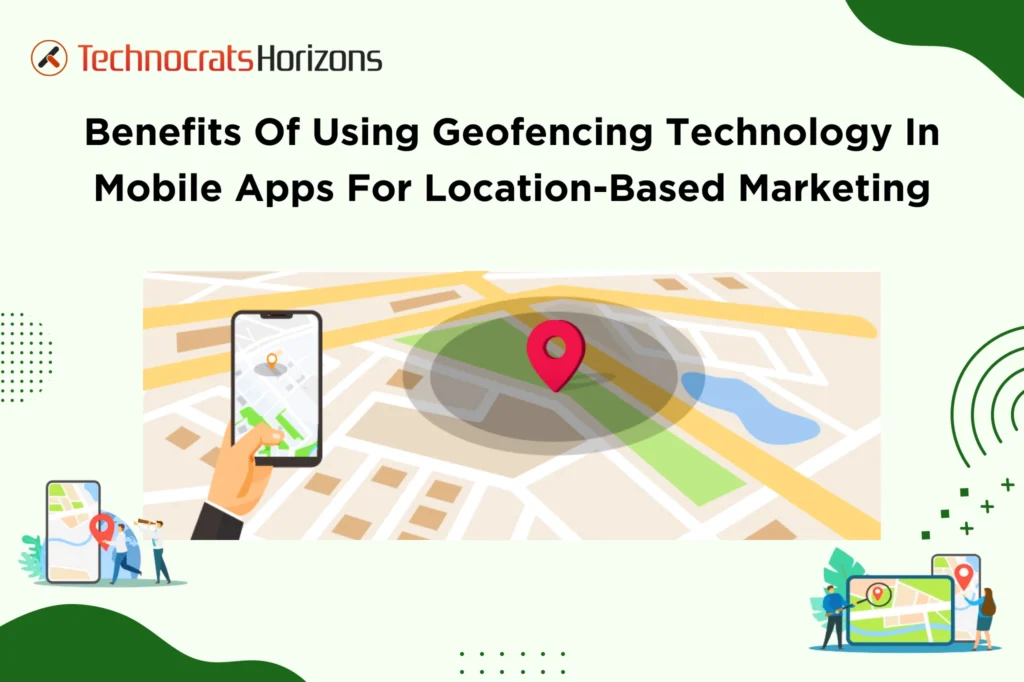
 Request a
Request a












